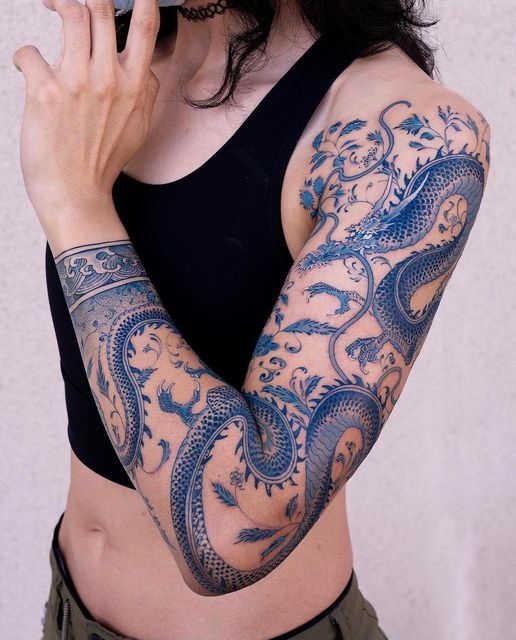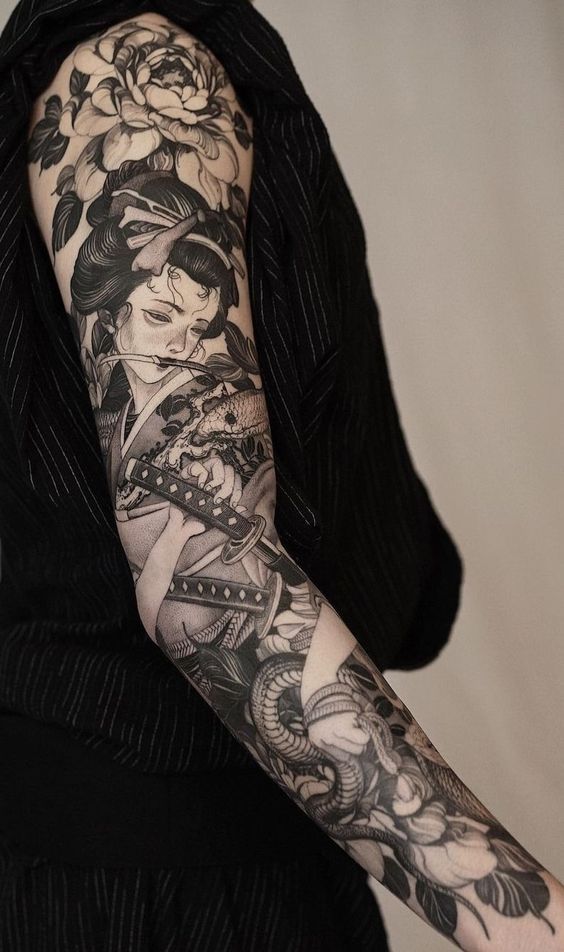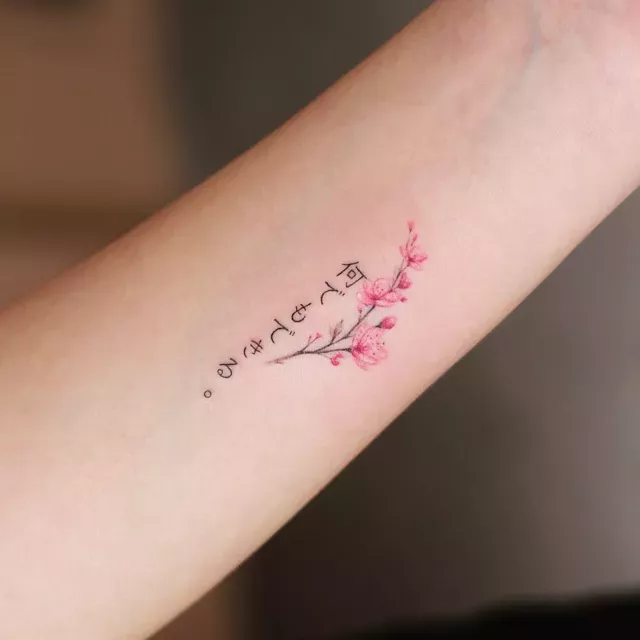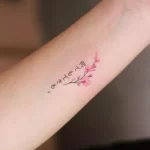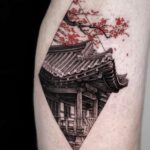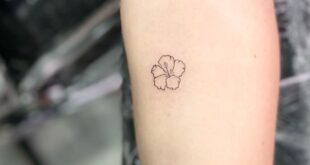Tattoos have a long and rich history in Japan, dating back centuries to the ancient indigenous cultures of the Ainu and Ryukyu peoples. However, despite this long-standing tradition, tattoos in Japan have often carried negative connotations and have been associated with criminal activity and yakuza (Japanese mafia) members.
In Japanese society, tattoos have been traditionally viewed as taboo and have been stigmatized due to their association with criminal gangs. Members of the yakuza have long used tattoos as a way to identify themselves and demonstrate their loyalty to their respective gangs. As a result, many public establishments such as bathhouses, gyms, and hot springs have banned individuals with tattoos from entering their premises.
Despite this stigma, the art of tattooing has been gaining popularity in Japan in recent years. Modern tattoo artists in Japan are redefining the art form, blending traditional Japanese techniques with contemporary styles to create unique and stunning designs. Many young people in Japan are now getting tattoos as a form of self-expression and artistic exploration.
One popular style of tattooing in Japan is irezumi, which involves large, intricate and colorful designs that cover a large portion of the body. Irezumi tattoos often depict traditional Japanese motifs such as dragons, koi fish, geisha, and cherry blossoms. These tattoos are typically done using a traditional hand-poking method known as tebori, where the artist uses a sharpened metal rod attached to a handle to manually puncture the skin and insert the ink.
In recent years, there has been a growing acceptance of tattoos in Japan, with more and more tattoo artists and studios opening up across the country. However, despite this progress, there are still many barriers that tattoo enthusiasts must navigate. For example, many public establishments still enforce their no-tattoo policies, and individuals with tattoos may face discrimination in the workplace.
Overall, the world of tattooing in Japan is evolving and changing, with traditional views on tattoos slowly shifting as more people embrace this ancient art form. As the popularity of tattoos continues to grow, it is likely that perceptions of tattoos in Japan will continue to change, allowing for greater acceptance and appreciation of this unique and diverse art form.
 innstyled Tattoo Ideas
innstyled Tattoo Ideas
